It finally happened. You’ve likely seen the recent SEC civil cases against Binance and Coinbase in the news as the latest major development in the legal landscape for crypto projects. In some ways, these cases are simply the logical continuation of other recent cases filed by the SEC. However, these cases are different in the scope and scale of the SEC’s allegations. They’re a “shot across the bow” of the crypto world, and if the SEC’s ambitions continue along the same path, it’s possible that the regulatory space for crypto projects in the next couple of years looks far more constrained than the “wild west” of the past.
(Standard Disclaimer: we’re lawyers, but this isn’t legal advice. Unless you’ve signed an engagement letter with us, we don’t represent you. If you’d like us to represent you, please contact us through this website.)
As per the SEC’s complaints, Binance and Coinbase have each been accused of (1) operating unregistered trading platforms; (2) engaging in unregistered offers and sales of crypto asset securities; and, in the case of Binance, (3) defrauding investors. These allegations are centered around the premise that certain crypto assets are actually securities under U.S. law.
So far, this is reasonably similar to previous cases brought by the SEC. The biggest difference is the sheer scope of the SEC’s allegations. Aside from the fact that Binance and Coinbase are two of the largest crypto exchange platforms in the world, the SEC has collectively alleged in these cases that a number of popular and widely-traded crypto assets, including SOL, ADA, MATIC, FIL, ATOM, SAND, MANA, ALGO, AXS, CHZ, FLOW, ICP, NEAR, VGX, DASH, NEXO, and COTI, are all securities.
These crypto assets have by-and-large been produced by major projects with substantial backing and which are widely regarded as setting a high standard in the industry. While the SEC hasn’t formally accused any of these projects of any wrongdoing, the meaning of their actions in this case is clear: no one is safe.
But at the same time, while the scope and prominence of alleged securities is unprecedented, the SEC’s methodology is not. In the complaints, the SEC takes the same line as in previous cases, including an expansive application of the Howey test (used in the US to determine if an instrument is a security). Under this test, any instrument involving (1) an investment of money, (2) into a common enterprise, (3) with an expectation of profits, (4) from the efforts of others is a security. The SEC’s approach in these cases isn’t new – it lines up with their approach in previous cases, as well as the stance we’ve taken at 1121 Law in analyzing the status of tokens as securities for clients.
This also reinforces the importance of a subject we frequently raise with clients: what you say counts. The Howey test is heavily premised on the reasonable expectations of potential investors, and those reasonable expectations are based on the information available at the time, especially including statements released by a project’s backers. As a practical matter, policing your own statements goes a long way toward staying away from the wrong side of an SEC enforcement action. It’s common in cases of this type (including Binance and Coinbase) for the SEC to “cherrypick” selections from the statements of a crypto company or its founders in an effort to showcase the most legally damaging portions. Once these statements are public, they can be used against you. Even an attempt to “clean up” these statements after-the-fact is often insufficient, as we recently noted in our review of the Bittrex case.
A subtler aspect to this is that due to the SEC’s subpoena powers, private communications can be used against crypto companies as well (albeit in a different context). One can only imagine the regret of Binance’s CCO, who is quoted in the SEC complaint as noting to another Binance compliance officer, “we are operating as a f**ing unlicensed securities exchange in the USA bro.” If the case against Binance ever ends up in front of a jury, you can be sure that quote will feature prominently in the SEC’s case. While instant messaging platforms and other communications methods that leave a permanent record will no doubt continue to be popular among crypto startups, admitting to illegal conduct on the record is something you’d think would be avoided.
Looking forward, given the scope of the SEC’s allegations in these cases, and the likelihood that it would also regard a wide range of other projects as constituting securities under U.S. law, what is the appropriate response for crypto innovators? For many projects, the obvious choice may be to operate exclusively in jurisdictions other than the United States. Until new legislation, regulations, or a court ruling change the status quo, the SEC is likely to continue its current expansive view of its own jurisdiction, and most mainstream crypto projects stand squarely in their path. Other jurisdictions with more flexible securities laws may offer the most opportunity for the time being.
In recent years, the SEC has preferred not to release extensive, updated guidance regarding the status as securities of crypto assets, but has promulgated their “guidance” in the form of legal cases. In that sense, the “one-two punch” of Binance and Coinbase must surely count as their most extensive and wide-ranging opinion on the subject to date.
(Cover photo by Conny Schneider at Unsplash)


